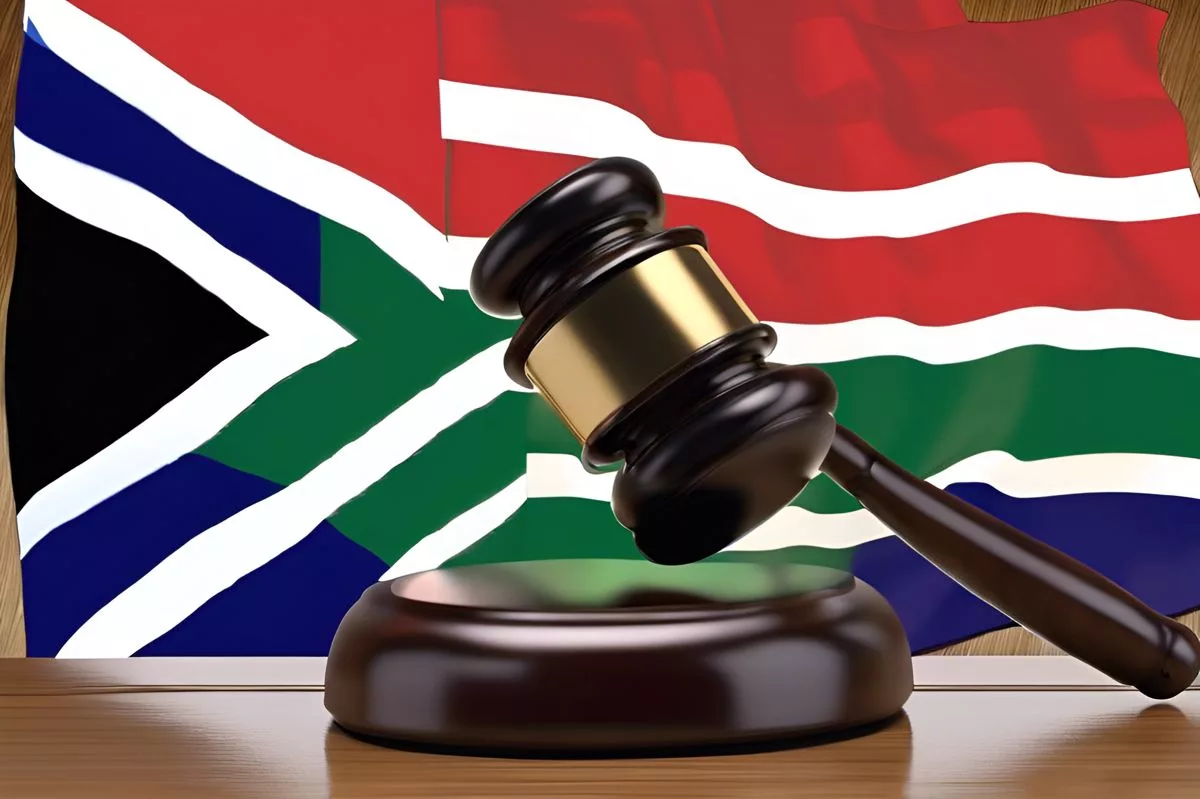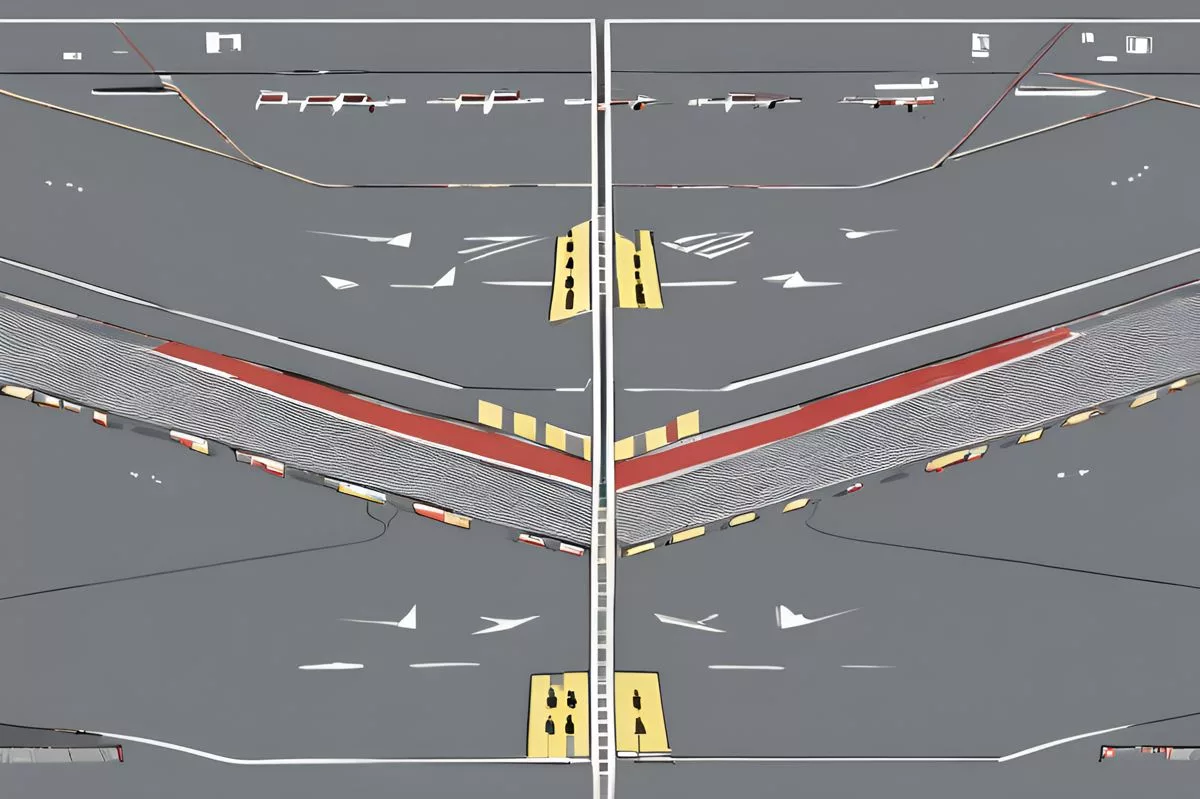This week, South Africa’s National Council of Provinces (NCOP) is gearing up for a packed schedule of legislative activities, including policy debates, budget votes, and committee meetings on topics ranging from economic development to agriculture. The week will conclude with a constituency period, during which members of parliament will engage with the public. Additionally, a joint committee of Parliament will review the Constitution, highlighting the country’s commitment to continuous improvement and evolution in legislation.
What is happening in the Parliament of South Africa this week?
The National Council of Provinces (NCOP) will be holding a variety of legislative activities including a policy debate on the Department of Transport’s Budget Vote, scrutiny of the Budget Votes for the Departments of Small Business Development and Trade, Industry, and Competition, and committee meetings on economic development, education, agriculture, and more. The week will end with a constituency period where members of parliament will interact with the public. The joint committee of Parliament will also review the Constitution.
Section 1: A Glance at the Legislative Week
The National Council of Provinces (NCOP), a key element of the Parliament of South Africa, is set to embark on a week filled with notable legislative happenings. As we proceed to decipher this week’s parliamentary activities, it’s essential to acknowledge that the ensuing account is based on the latest press release issued on 28th July 2024.
Monday sets the pace for the parliamentary week, as the NCOP organizes a hybrid plenary at 14:00. This gathering will primarily concentrate on a policy debate concerning the Department of Transport’s Budget Vote. As the week unfolds, the House will reassemble on Wednesday to scrutinize the Budget Vote for both the Department of Small Business Development and the [Department of Trade](https://capetown.today/inviting-public-insight-department-of-trade-industry-and-competitions-effort-to-amend-south-africas-scrap-metals-policy/), Industry, and Competition. These budgetary discussions will integrate various facets, highlighting the cross-linkage between these vital departments.
Section 2: Shifting Focus to Committees’ Work
Tuesday brings about an intriguing change in the spotlight, as the NCOP’s Select Committee on Appropriations and the Select Committee on Finance will organize a joint induction workshop at 10:00. This assembly will enable briefing committee members on the legacy reports of the respective committees, along with their mandates. This session will also provide an avenue for the committee secretaries to explain procedural concerns, thereby ensuring seamless functioning.
Wednesday’s session at 14:00 is centered around the Appropriation Bill, presented by the Minister of Finance, Mr. Enoch Godongwana, during his Budget Speech in February. This Bill strives to authorize funds from the National Revenue Fund to fulfill the country’s needs for the current financial year. Interestingly, the Bill also outlines conditions for expenditure of the funds drawn for the 2025/26 financial year, indicating a forward-thinking approach towards fiscal planning.
Section 3: Engaging with Constituents
After a week of intense parliamentary activities, the NCOP will start a constituency period, planned to recommence on 19th August 2024 for the second term of its parliamentary program. Throughout this period, Members of Parliament (MPs) are expected to interact with the public, address concerns, and provide feedback to their constituents on parliamentary advancements. This practice accentuates Parliament’s commitment to keep an ongoing conversation between MPs and the citizens they serve.
Apart from these main activities, three additional committee meetings are planned in the NCOP during the week. Monday will witness the meeting of the Select Committee on Economic Development and Trade, while Tuesday will host sessions of the Select Committee on Education, Sciences and Creative Industries, and the Select Committee on Agriculture, Land Reform and Mineral Resources. These sessions will explore various policy evaluations, suggestion reports, and presentations, adding substance to the legislative week ahead.
Section 4: Adapting and Evolving Legislation
For those fascinated by the complexities of parliamentary proceedings, an interesting point to note is that a joint committee of Parliament is required to review the Constitution at least once a year, and accept submissions on constitutional matters. This practice stands as a testament to the continuous evolution and improvement of the country’s legislative structure.
In summary, the upcoming week in Parliament is set to be a dynamic one, replete with debates, discussions, and decisions that will influence various aspects of South African society. The agenda showcases Parliament’s commitment to proactive legislative activities and continuous dialogue with the public, all in the pursuit of a brighter future for the nation.
1. What is happening in the Parliament of South Africa this week?
The National Council of Provinces (NCOP) will be holding a variety of legislative activities including a policy debate on the Department of Transport’s Budget Vote, scrutiny of the Budget Votes for the Departments of Small Business Development and Trade, Industry, and Competition, and committee meetings on economic development, education, agriculture, and more. The week will end with a constituency period where members of parliament will interact with the public. The joint committee of Parliament will also review the Constitution.
2. What is the focus of the NCOP’s plenary on Monday?
The NCOP’s plenary on Monday will primarily concentrate on a policy debate concerning the Department of Transport’s Budget Vote.
3. What will the NCOP’s session on Wednesday be centered around?
The NCOP’s session on Wednesday will be centered around the Appropriation Bill, presented by the Minister of Finance, Mr. Enoch Godongwana, during his Budget Speech in February.
4. What is the purpose of the joint induction workshop organized by the Select Committee on Appropriations and the Select Committee on Finance?
The joint induction workshop organized by the Select Committee on Appropriations and the Select Committee on Finance aims to brief committee members on the legacy reports of the respective committees, along with their mandates, and to provide an avenue for the committee secretaries to explain procedural concerns.
5. What is the significance of the constituency period?
The constituency period allows Members of Parliament (MPs) to interact with the public, address concerns, and provide feedback to their constituents on parliamentary advancements, highlighting Parliament’s commitment to ongoing conversation between MPs and the citizens they serve.
6. Why is the joint committee of Parliament required to review the Constitution at least once a year?
The joint committee of Parliament is required to review the Constitution at least once a year to showcase the continuous evolution and improvement of the country’s legislative structure and to accept submissions on constitutional matters.












